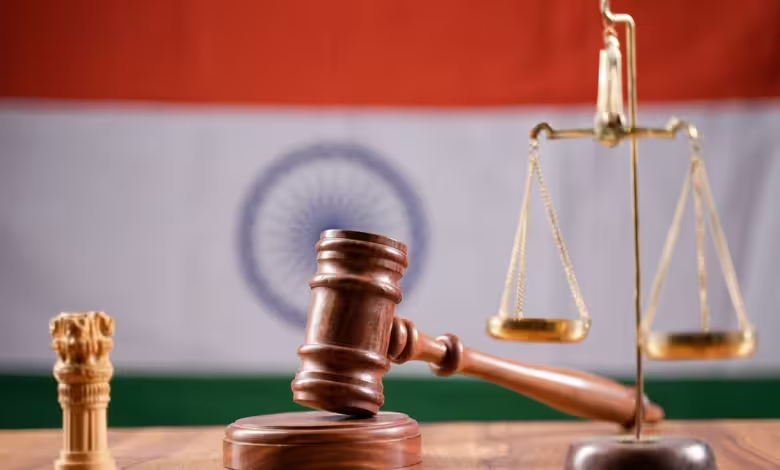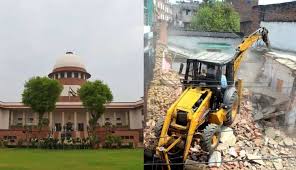Indian govt cuts fast track courts target amid judicial delays in sex crime cases
In 2019, the government launched Fast Track Special Courts (FTSCs) to handle sex crime cases exclusively, following criticism from the Supreme Court, which reprimanded state governments for delays in delivering justice.

The Indian government has reduced its target to set up thousands of new tribunals for fast-tracking Sex Crime Cases after states like West Bengal, recently shaken by the brutal rape and murder of a doctor, failed to meet the original goals, according to three federal officials and a document reviewed by Reuters.
In 2019, the government launched Fast Track Special Courts (FTSCs) to handle sex crime cases exclusively, following criticism from the Supreme Court, which reprimanded state governments for delays in delivering justice. The court specifically singled out West Bengal and Uttar Pradesh for their slow handling of cases involving child victims.
Most sex crimes in India are handled by the overburdened state courts, but the government aimed to incentivize states to set up 1,023 Fast Track Special Courts (FTSCs) by March 2021, offering to fund 60% of the costs. Each FTSC would be staffed with one judicial officer and seven support personnel.
It initially planned to establish 2,600 Fast Track Special Courts (FTSCs) by 2026 to expedite sex crime trials. However, due to low interest from states and a shortage of judges, the target has been reduced to 790, according to officials and an internal document reviewed by Reuters. By August 2023, only 752 FTSCs had been set up across the country.

Some states have been hesitant to participate in the initiative. West Bengal, led by Chief Minister Mamata Banerjee, only joined the project last year. Initially, the state was tasked with creating 123 tribunals by March 2021, but as of now, only six are operational. West Bengal faces a backlog of around 48,600 pending cases of rape and sexual offenses.
Siddhartha Kanjilal, a senior judicial official in West Bengal, attributed the delays to a shortage of judges. He said the state is working with the Calcutta High Court to appoint retired judges to FTSC courts. “There have been delays, but both we and the Calcutta High Court are addressing the issue.
The Ministry of Law and Justice, along with Banerjee’s office, have not responded to requests for comment.
India’s judicial system is heavily overburdened, with tens of millions of pending cases. Currently, state courts are short by around 5,000 judicial officers, which accounts for 20% of the allocated positions. This shortage contributes to long delays in the judicial process. For example, in August 2023, a district court in Ajmer sentenced six men to life imprisonment for mass rapes that occurred in the early 1990, showing the severe delays in the system.
Success Rate of FTSCs in Resolving Sex Crime Cases
In contrast, FTSCs are designed to expedite trials for specific crimes and are allowed to hire judges on contract, including retired officers. In 2022, FTSCs resolved 83% of cases, compared to the 56% resolution rate of regular courts in sex crime cases.
The federal law ministry initially set FTSC targets based on the number of outstanding cases in each state, with each tribunal expected to handle 165 cases annually. Opposition-led states have been slower to meet their targets, while BJP-ruled states like Uttar Pradesh and Rajasthan have largely achieved theirs. Maharashtra, governed by a coalition including the BJP, has only established 14 of its 138 targeted FTSCs.
Experts believe that fast-tracking cases need to extend beyond lower courts. Senior lawyer Shobha Gupta highlighted that while FTSCs help, appeals still go through the traditional, slower court system. She called for a time-bound process until the final verdict and its execution.
About 42% of the 1.7 million criminal cases pending in India’s high courts are appeals from lower courts and tribunals.
You might also be interested in – Allahabad HC says right to freedom of religion not right to convert others



